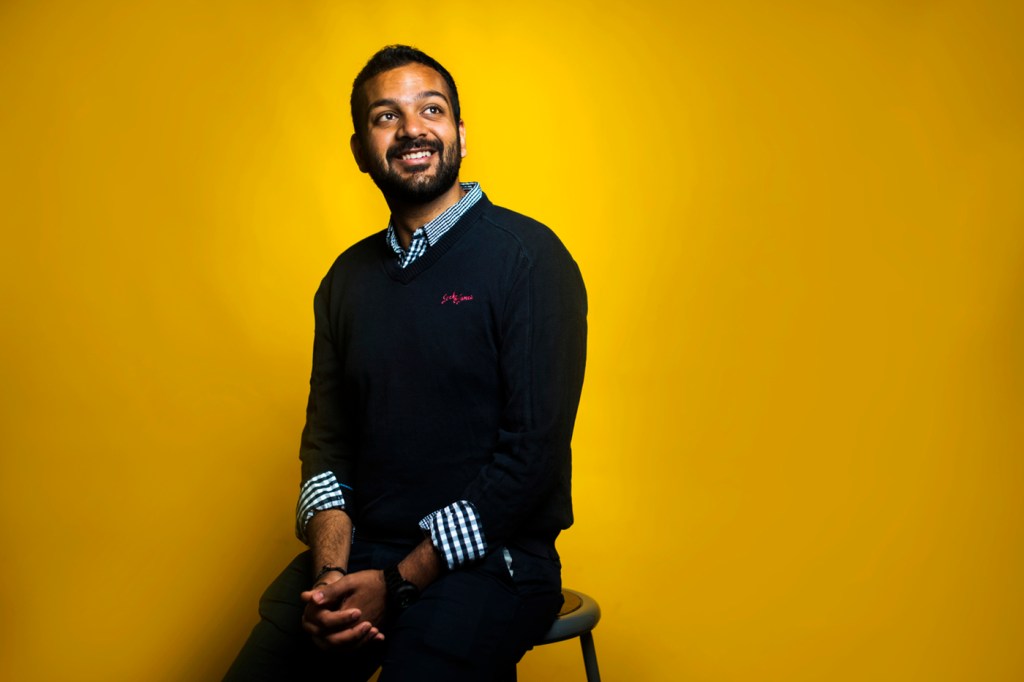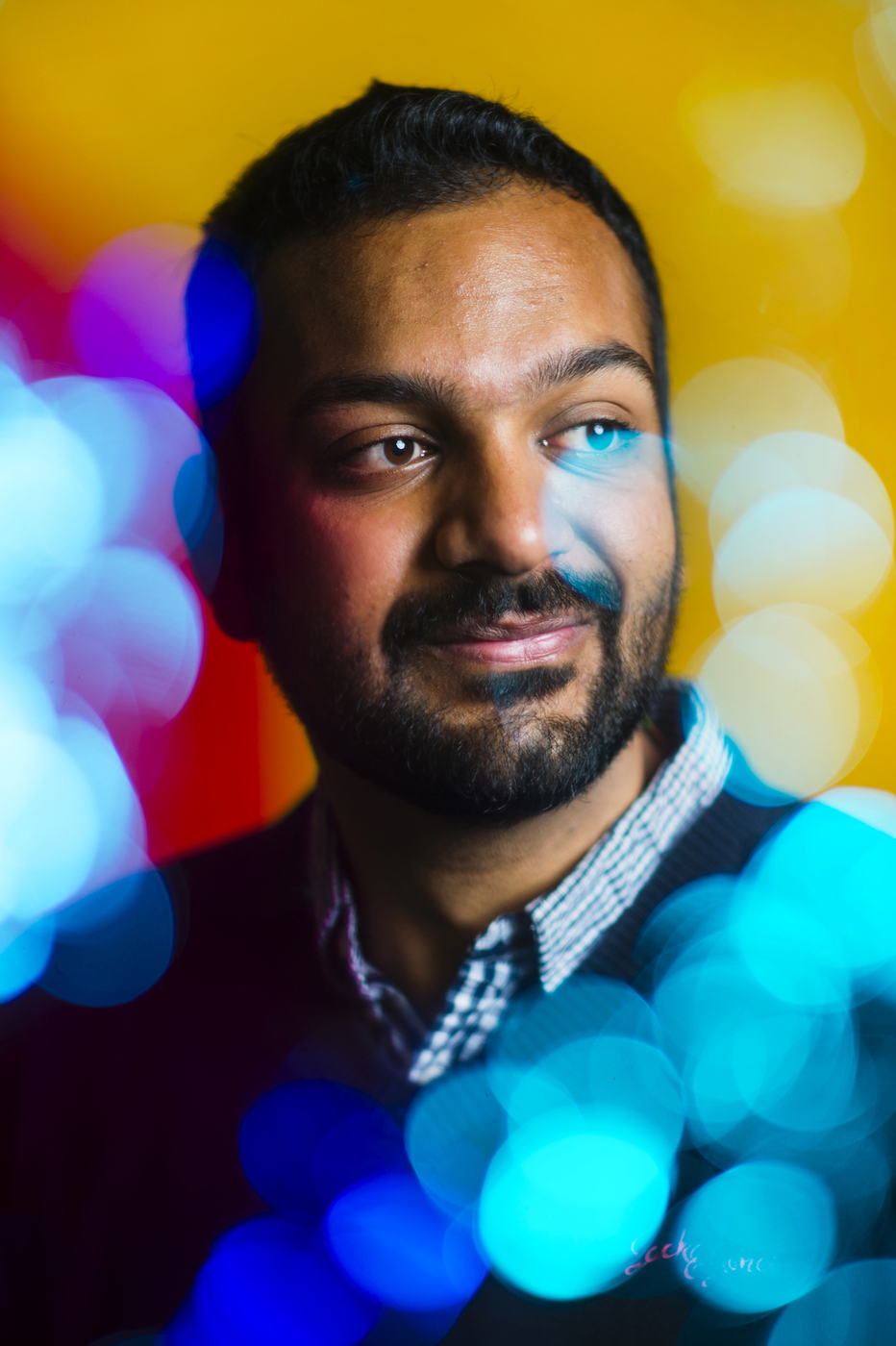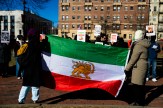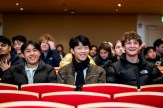Meet the graduates: Aleem Datoo

Aleem Datoo, SSH’17, is the quintessential global scholar. He speaks eight languages, including French, Spanish, and Sindhi, and has never lived in the same city for more than three years. He’s studied at the esteemed London School of Economics and Political Science and worked directly for a member of the Scottish National Party in the British Parliament. Here, he reflects on his Northeastern experience and looks ahead to his future in diplomacy.
You studied political science and international affairs. What’s next?
I’m in the process of deciding. I’ve been accepted into the master’s programs in global governance and diplomacy at the University of Westminster with the intention of earning my doctorate in the field. I’ve also received a job offer for a diplomatic position in Kyrgyzstan and applied to several other think tanks and policy organizations in Germany, Scotland, Serbia, and Russia. My ultimate career goal is to become a diplomat.
Your undergraduate accomplishments run deep, from being named a Presidential Global Fellow to writing a dissertation on how British nuclear policy could be affected by Scottish independence. What would you categorize as your biggest achievement at Northeastern?
Without a doubt, my biggest achievement is what I was able to accomplish on co-op. While working for the British American Security Information Council, I had the opportunity to attend the United Nations Security Council in Geneva, where I served as BASIC’s official representative. When my supervisor arrived a few days later, I briefed him on the meeting and helped him to prepare a speech that he later delivered to representatives of 140 countries. Helping to write the speech, which focused on the complex issue of nuclear disarmament, was probably the best experience I’ve ever had. Sitting in such a formal environment and listing to something I helped to write being said to so many important people was amazing. Afterward, a Canadian diplomat came up to talk to me as if I were his equal, his colleague. And being in that position—being a diplomat—is something I’ve been dreaming of since I was a child.
How have your co-op experiences—including your work as a research analyst for a human rights organization in Serbia and a trainee analyst for a nuclear policy think tank in London—prepared you for the next phase of your academic journey?
International relations classes impart you with theoretical knowledge, but working in the field field teaches you how to behave and think in the global environment. Understanding what’s going on is only half the battle—on co-op, you need to interpret information in delicate ways that reflect the goals of the organization you’re representing. Other than learning how to tease out what matters most, with an eye toward pushing the organization you’re working with closer to its goals, I also improved my communications skills and my professionalism.

Photo by Adam Glanzman/Northeastern University
What will you miss most about the Northeastern community?
I’ll miss Northeastern’s internationalism. I have dual citizenship in the U.S. and Canada. And I grew up primarily in Spain and the United Kingdom. But I’ve lived in a number of cities around the world and have always chosen to attend international schools. And here, at Northeastern, you have global connections at your fingertips. I chose Northeastern based on my ability to continue traveling in a productive way. In that sense, studying here has turned my global citizenship into a career path and given me the knowledge and experience to excel. If I had been trapped in class for four years, I would not have gained nearly as much insight as I have due to my participation in these programs.
Describe your fondest memory of the past four years
When I was working at the British American Security Information Council, I hosted an event attended by several members of the British Parliament. One of them—Brendan O’Hara, of the Scottish National Party—was so impressed with my work that he proposed I intern for him. That was so impactful for me, especially because he said he had never before taken an intern. I ended up conducting political research for him through the Hansard Scholars Program at the London School of Economics, the organizer of which told me never had a student come to him with an job offer already in place.
What advice do you have for incoming students?
Go abroad. Enjoy the world while you can. But be sure to find the right opportunity for you. Network and be flexible. You don’t need to have a specific plan. Be fluid and see what opportunities arise.





